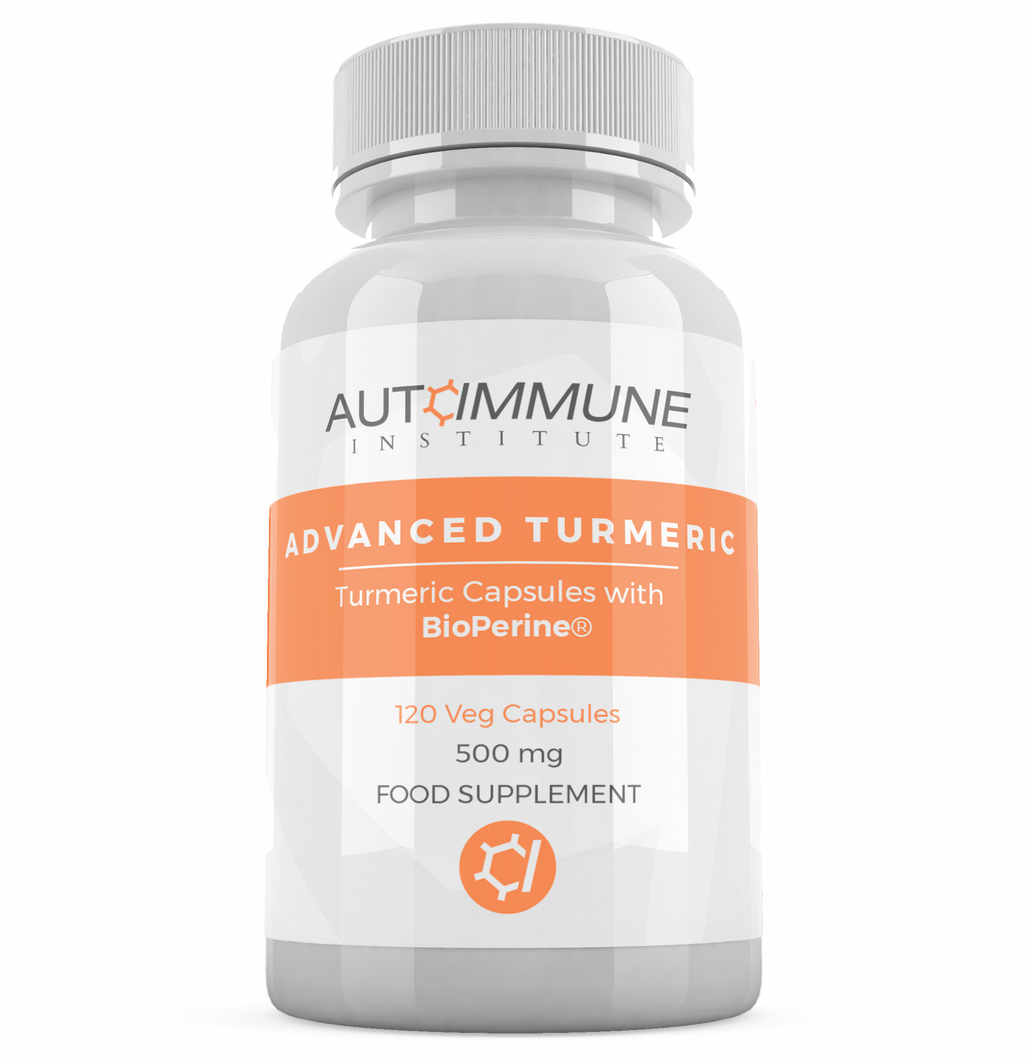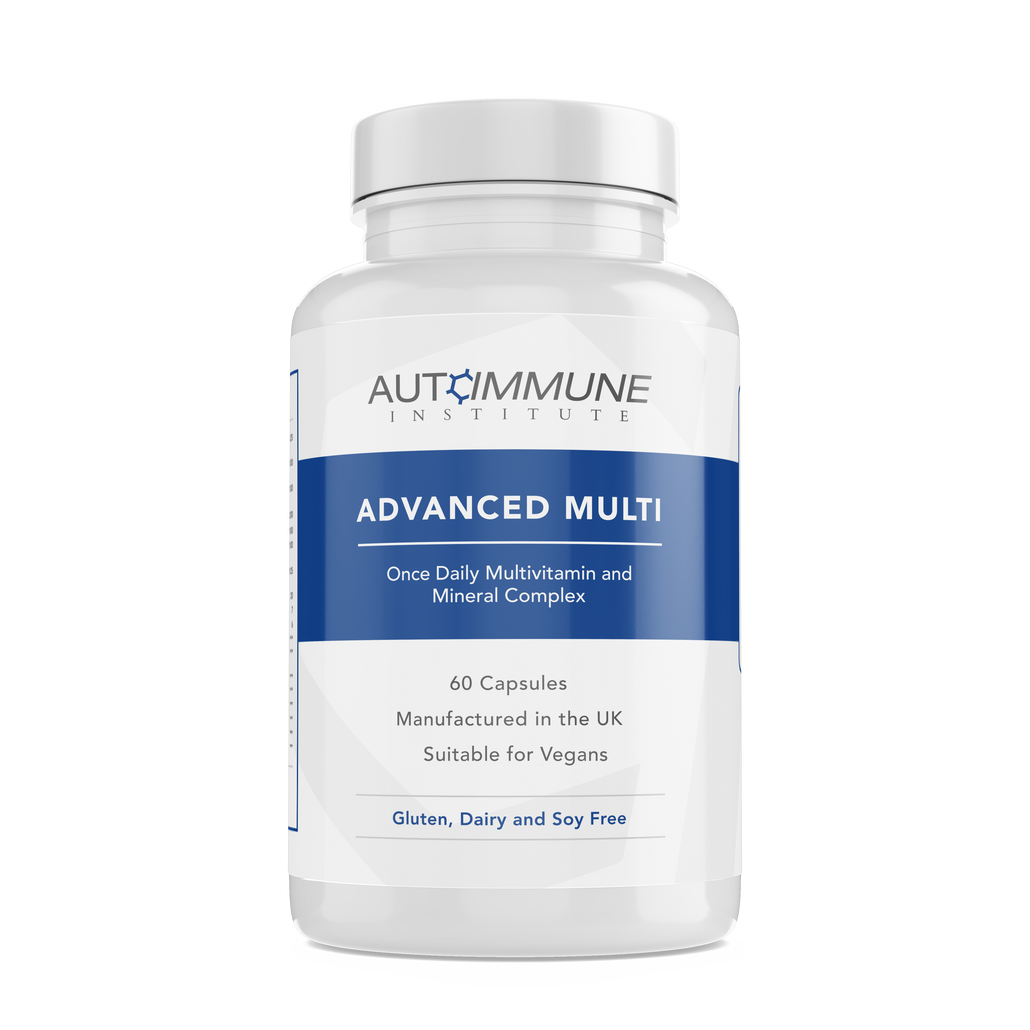- Health Solutions
- All Products
- Ultra Maca *NEW*
- Advanced Collagen V2
- Advanced D3 + K2
- Advanced Deep Sleep
- Advanced Digestives
- Advanced Fish Oil (Capsules)
- Advanced Glucosamine / Chondroitin Complex
- Advanced Lotus Spike Acupressure Mat
- Advanced Magnesium
- Advanced Multi
- Advanced Turmeric
- Advanced Vitality
- Prime FemFlow
- Pure BeeComplex
- Pure Bowel Relief
- Pure Flora V2
- Pure MetaBoost
- Pure Rest + Reset
- Ultra ProSupport
- Gift Cards
- Support
- Sign in
9 Ways to Reduce Inflammation
Inflammation.
In reality, it’s one of the main cause of symptoms with the majority of chronic health conditions.
While some doctors may check markers such as CRP, Lysozyme, Calprotectin, and Lactoferrin for inflammation, what I believe is equally important is addressing the cause of that inflammation.
Here’s some of the most effective steps that can be taken to try and reduce inflammation levels in the body…
Cut down on sugar
I’m not necessarily as anti-sugar as a lot of people, and don’t really believe that people need to cut out all sugar.
I certainly still have sugar in my diet (I’m particularly partial to ice cream at this time of the year, in fact, for all the year!).
However, over consumption of sugar is a major cause of obesity, as well as being linked with increasing inflammation.
So, while you don’t need to cut it all out necessarily, if you do want to keep your inflammation as low as possible, a diet full of sweet, fizzy drinks, desserts and chocolates might not be the best plan.
Oily Fish
The omega 3 fats found in oily fish have been shown to beneficial at helping to support healthy inflammation levels. The types of fish to be looking for are things such as sardines, wild salmon and mackerel.
If you don’t eat a few servings of oily fish each week then using a quality fish oil each day may be worthwhile.
Minimising Stress
Stress is a major driver of symptoms, it’s been shown to increase inflammation levels and will affect how well you digest foods (not to mention, quite often, the foods that you choose to eat).
Keeping stress under control is critical for long term health.
Quality Sleep
Sleep is critical for your overall health and lack of sleep will impact your inflammation levels.
In fact, like stress, it will also impact the food choices you make, your activity levels and many other aspects of life.
Identify food sensitivities
Eating foods that you are sensitive to will increase inflammation. These can be anything and while certain blood tests can be done to test for food sensitivities they generally aren’t all that accurate, certainly not at the start of someone’s journey.
Over time, as we heal the gut, many of these sensitivities can go away, but while you are struggling and while gut health isn’t where we need it, certain foods will be causing inflammation.
Stay Active
This doesn’t mean overdo it on the exercise front (because doing too much can be a stressor on the body that increases inflammation) but at the same time, some form of activity (even if it’s only a few short walks each day) has been shown to help reduce inflammation.
Improve the quality of your fat intake
Trans fats, in particular, can be harmful and add to inflammation.
Instead, replace these trans fats with good quality unprocessed fats and your health, energy, hormones and inflammation will thank you for it.
Careful with the alcohol
While a small amount of certain types of alcohol (such as wine) can help to lower inflammation levels for many people, too much alcohol, or the wrong types can drastically increase it.
Gut Bacteria
Our guts are home to lots of different types of bacteria that can control our mood, symptoms, digestion…and inflammation levels.
Bad bugs can cause problems with all those things, and the good bugs can help a huge amount.
Taking steps to improve your gut bacteria is therefore really important.
Avoid Nutrient Deficiencies
Vitamins such as A, D, E and K are crucial for overall health and wellbeing but when deficient may increase inflammation levels.
A good, varied nutritious diet can help here as well as appropriate supplements if necessary.
Hopefully that’s given you a few things to be thinking about!
Follow
* Results Not Typical. All discussion about results on this website are based on individual findings where each circumstance is completely unique and may not be similar or the same as you. These products are not intended to diagnose, treat, cure or prevent any disease. The information on this Web site or in emails is designed for educational purposes only. It is not intended to be a substitute for informed medical advice or care. You should not use this information to diagnose or treat any health problems or illnesses without consulting your doctor.- Products
- Search
- Contact
- Privacy Policy
- Website Terms
- Wholesale
- Ambassador Programme
- Login
- Shipping & Return Policy
© 2025 Autoimmune Institute.
71-75 Shelton Street Covent Garden, London WC2H 9JQ United Kingdom. Wellness Autoimmune Ltd. All rights reserved.





